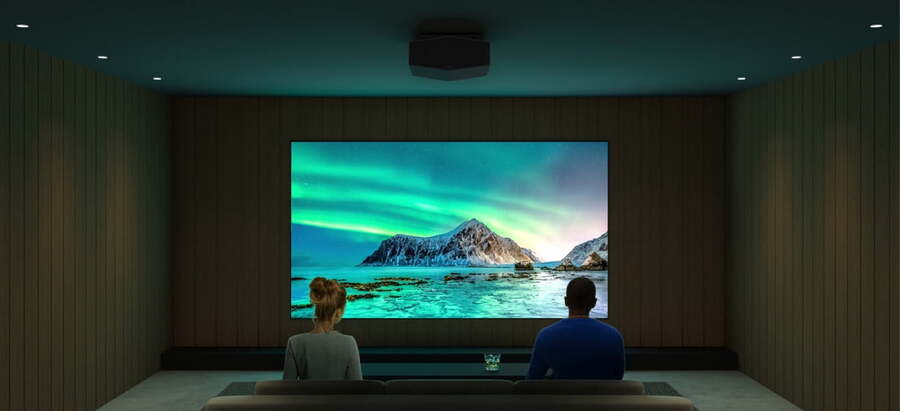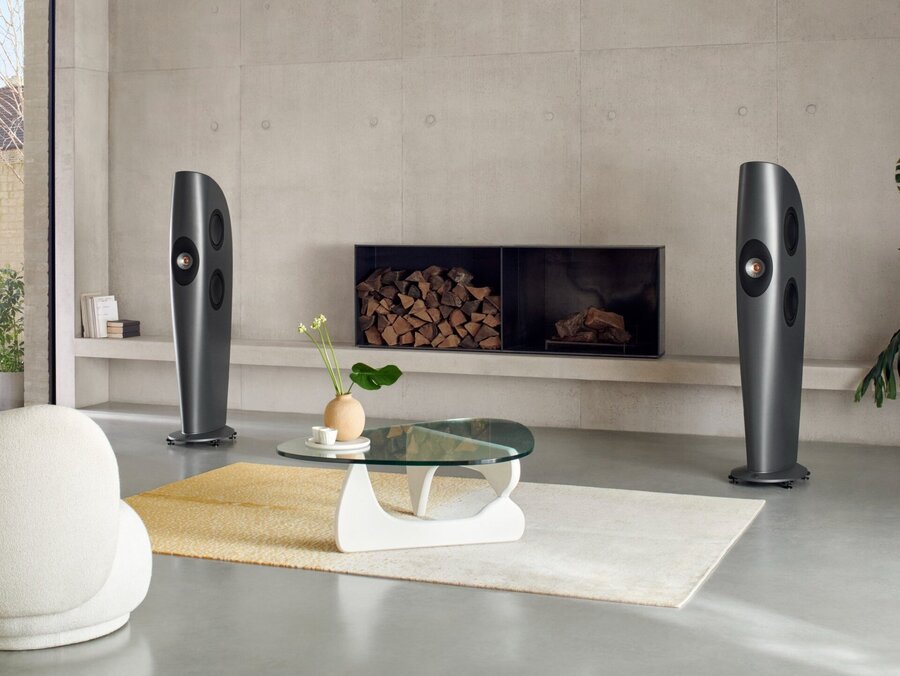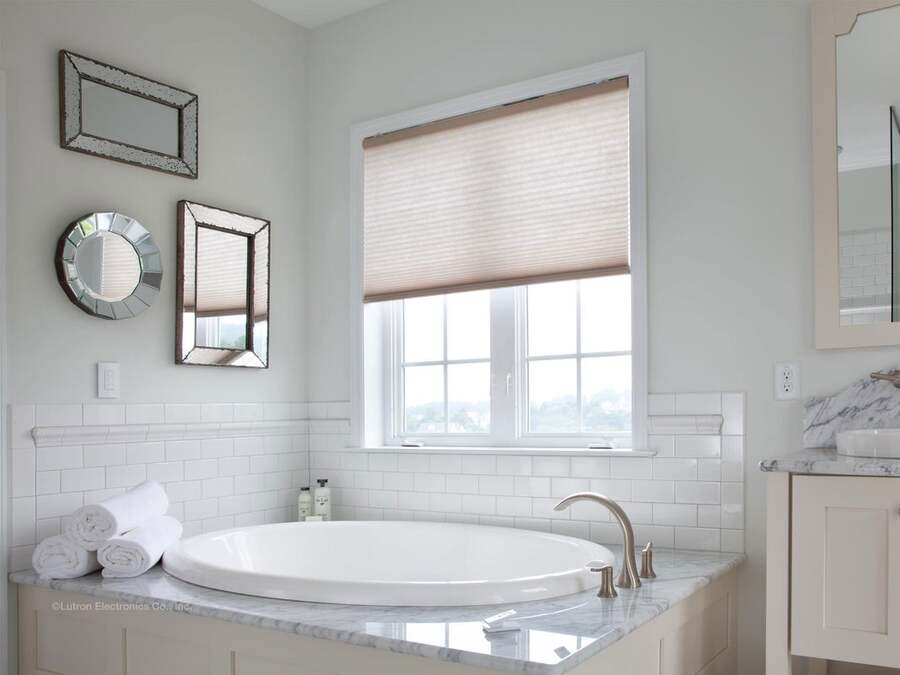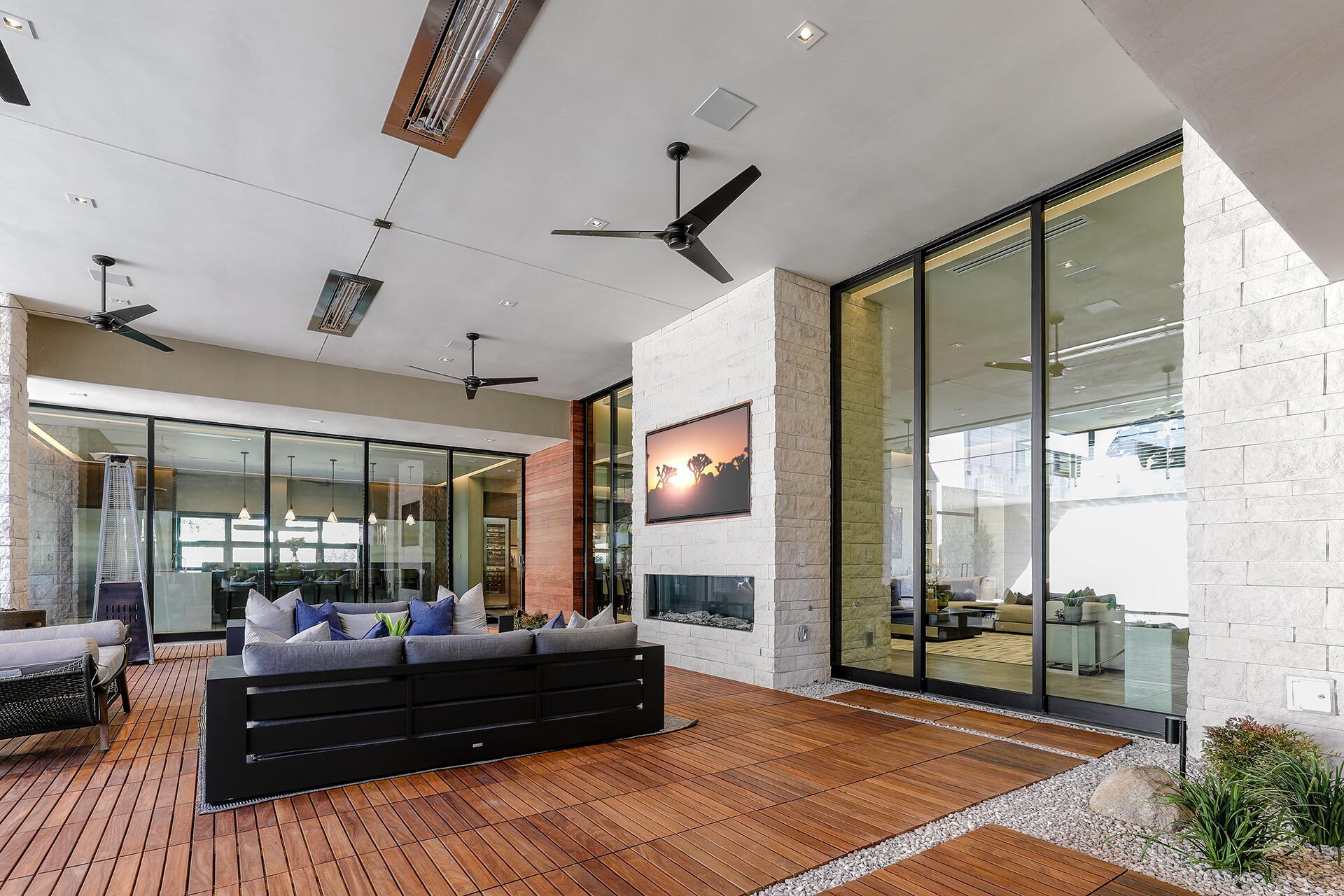When the electrical system in your home or business is not installed, maintained or updated as it should be, you may find yourself facing fines for violating the electrical code. It may be that your electrical system is outdated or perhaps you tried your hand at an electrical project yourself. When violations do occur, your home and family are at risk.
Below, you will find some of the more common electrical code violations that occur and why it is so important to have a professional, licensed electrician complete such projects in your home.
Cramming too many wires into a 7/8-inch hole
It’s a common temptation to shove four or five wires into a 7/8-inch hole. However, overcrowding of the wires can cause “burning.” This is wire damaged caused when another wire tears the insulation off when it’s dragged across it. It’s easy for burned wires to go undetected, which will increase your risk of fire because of exposed conductors.
Violation correction: There should never be more than three wires that go through the same 7/8-inch hole. That way, there is enough room for the wires to move around without burning. An electrician should cut away any damaged wire, put in a junction box and replace the wiring to the outlet or fixture.
Installing new lights onto old wiring
Another common electrical violation is to install a new light fixture onto old wiring. Many of today’s light fixtures operate at a hotter temperature. For example, a light purchased today is supposed to be used with wires designed to withstand 90 degrees Celsius. The older wires were only designed to withstand 60 degrees Celsius.
Violation correction: A new splice box should be installed if your home still has wiring installed prior to 1987. A new light should have three feet of new wiring at a minimum if it is to be connected to old wiring. The insulation jacket on the wiring will tell you when it was manufactured – as long as it was after 1987. If you don’t see a date, then it was manufactured before 1987.
Old knob and tube wiring
Knob and tube wiring in the late 1800s and early 1900s was considered to be state-of the-art technology. Today, however, it’s considered extremely dangerous. The reasons for this are that the circuits don’t support the higher amperage needed today, the wires are not grounded and the insulation used back then disintegrates after a while. If your home has knob and tube wiring, it’s possible that your insurance company won’t issue a policy on your home.
Violation correction: If your home was built pre-1950, and its wiring was never updated, you should have a licensed electrician inspect your home. If knob and tube wiring is found, the home should be completely rewired. This may seem like an expensive task, but it’s really not considering your family’s safety is at risk.
Recessed lights that touch insulation
If your home has recessed lights, then they must be IC-rated if they are in contact with insulation in the attic. If those lights are not IC-rated, there must be a space of three inches between the insulation and the light. If a recessed light is used that is not IC-rated and it touches the insulation, the light can quit operating because of overheating. The thermal protectors can eventually fail over time and could allow the light to remain on even with the extremely high heat. This can cause the insulation to catch fire.
Violation correction: The attic insulation should be checked to make sure that any non-IC-rated lights are not in contact with recessed lights or those lights should be replaced with the correct IC-rated lights.
Illegal splices
This is one of the worst code violations. A connection between two or more wires is a splice. It is illegal to use splices and they are dangerous if they aren’t put inside a junction box.
Violation correction: The only time a splice should be used is for circuit troubleshooting or temporary lighting. If the splice is necessary, then an electrician should install a junction box, put the wires into the box, and complete the splice using wire nuts. Then a cover plate is installed over the box.
If you’re worried about electrical code violations in your home, our team is here to help. Contact Luminaire and our licensed electricians will help you navigate any electrical issues you may have.





